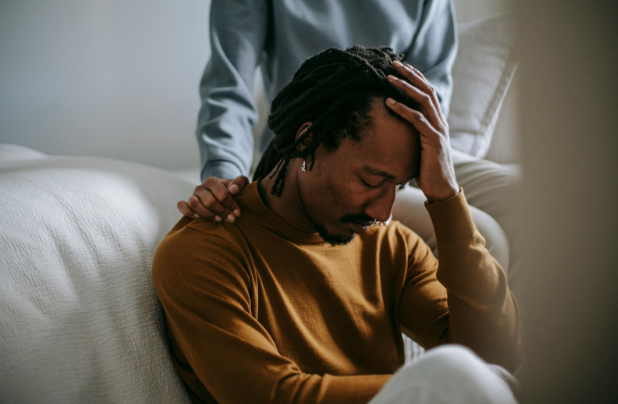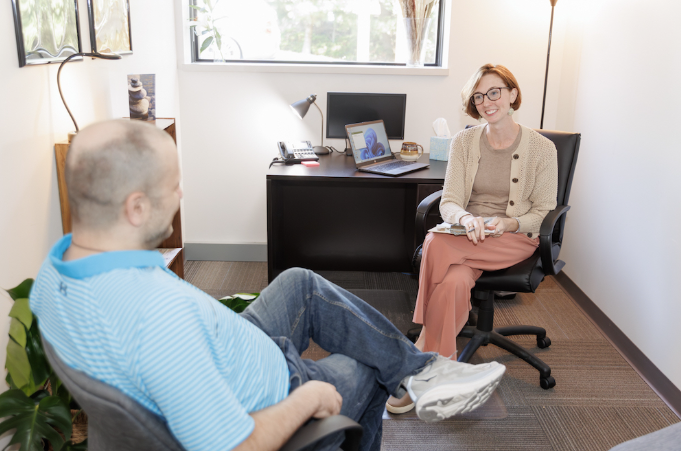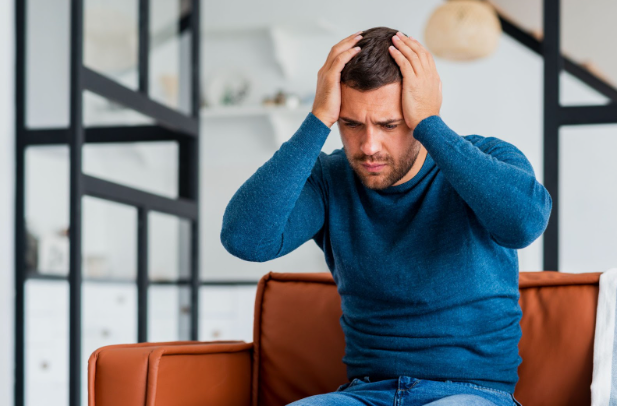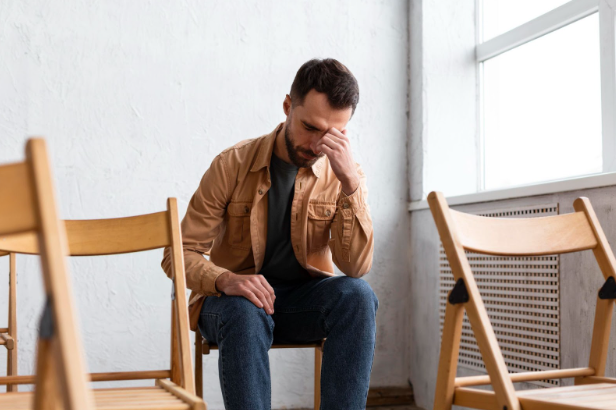
- Anxiety, Psychiatrist in Los Angeles
- 0 Comments
Anxiety disorders affect countless individuals seeking effective, consistent care. Many people ask, “how do anxiety disorder treatment subscription services work?”—and the answer lies in a modern approach that combines professional care, flexibility, and accessibility. Traditional treatment often involves in-person visits, waiting rooms, and limited access to mental health professionals. Subscription services, like those offered by […]
Read More







